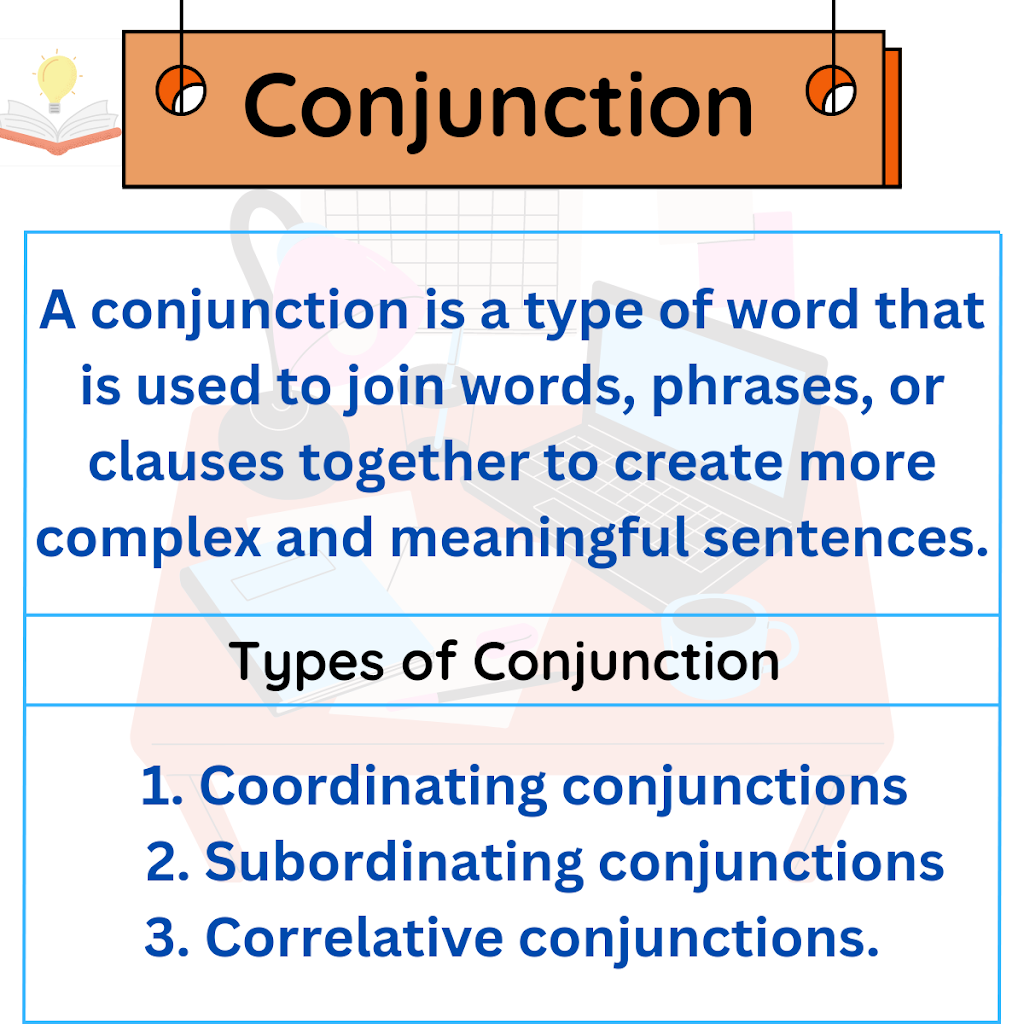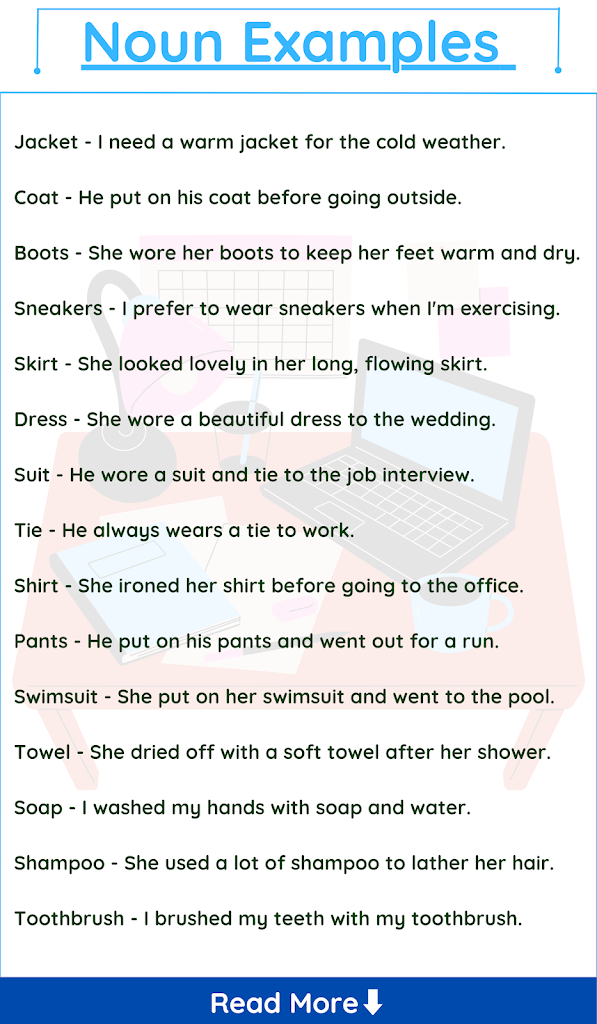Adjective Meaning and Definition
An adjective is a word that describes or modifies a noun or pronoun by giving more information about its qualities or attributes. Adjectives provide more details about the size, shape, color, age, origin, and other qualities of the noun or pronoun.
Kinds of adjective
There are several kinds of adjectives, including:
Descriptive adjectives:
These adjectives describe the qualities of a noun or pronoun. For example, “red” in “red apple” or “happy” in “happy child”.
Quantitative adjectives:
These adjectives indicate the amount or quantity of the noun or pronoun. For example, “three” in “three cookies” or “many” in “many books”.
Demonstrative adjectives:
These adjectives point to the noun or pronoun being described. For example, “this” in “this car” or “these” in “these apples”.
Possessive adjectives:
These adjectives show ownership of the noun or pronoun. For example, “my” in “my house” or “her” in “her cat”.
Interrogative adjectives:
These adjectives are used to ask questions about the noun or pronoun being described. For example, “which” in “which book?” or “what” in “what color is the car?”.
Rules of Adjective
Some rules to keep in mind when using adjectives include:
- Adjectives usually come before the noun or pronoun they describe.
- Adjectives agree with the gender, number, and case of the noun they describe in some languages like French or German.
- Some adjectives have comparative and superlative forms to compare two or more nouns or pronouns.
- Adjectives can be stacked to provide more information about the noun or pronoun.
Examples of sentences with adjectives:
- The big, yellow sun is shining brightly.
- She is wearing a beautiful, red dress.
- My little, black cat is sleeping on the couch.
- I bought five delicious, juicy oranges at the market.
- This tall, handsome man is my husband.
Conclusion
In grammar, an adjective is a word that describes or modifies a noun or pronoun by giving more information about its characteristics or qualities. Adjectives can describe different aspects of a noun, such as its size, shape, color, age, origin, material, or any other quality that can be attributed to it.
Adjectives are an essential part of speech, and they play a crucial role in creating more descriptive and nuanced sentences. They allow speakers and writers to convey more specific and precise meanings, and to express their thoughts and feelings in a more vivid and engaging way.
In conclusion, adjectives are an essential part of language that helps us describe the world around us and express our ideas more effectively. By using adjectives, we can add depth and meaning to our speech and writing, and create a more engaging and impactful communication.
FAQ – Adjective
Q: What is an adjective?
A: An adjective is a word that describes or modifies a noun or pronoun. It provides additional information about the noun or pronoun’s quality, quantity, size, color, or other attributes.
Q: What are some examples of adjectives?
A: Examples of adjectives include “happy,” “blue,” “tall,” “round,” “smart,” “quick,” “cold,” “spicy,” and “fragrant.”
Q: Where do adjectives go in a sentence?
A: Adjectives typically go before the noun or pronoun they describe. For example, “the red car” or “a happy dog.”
Q: Can an adjective be used as a predicate?
A: Yes, an adjective can be used as a predicate complement to describe the subject of the sentence. For example, “She is smart” or “The cake smells delicious.”
Q: Can adjectives be compared?
A: Yes, many adjectives can be compared using comparative and superlative forms. For example, “happy” can become “happier” and “happiest” when compared to other things or people.
Q: Can adjectives be pluralized?
A: No, adjectives themselves cannot be pluralized. They always stay the same form, regardless of whether the noun they modify is singular or plural. For example, “the happy child” and “the happy children.”
Q: Can adjectives be used as nouns?
A: Sometimes adjectives can be used as nouns when referring to a group of people or things that share a particular attribute. For example, “the poor” or “the elderly.” However, this usage is not common and should be used with caution to avoid sounding disrespectful or offensive.
Q: How many adjectives can be used in a row?
A: There is no specific limit to the number of adjectives that can be used in a row to describe a noun or pronoun, but it is generally recommended to use no more than three or four to avoid sounding awkward or confusing.



